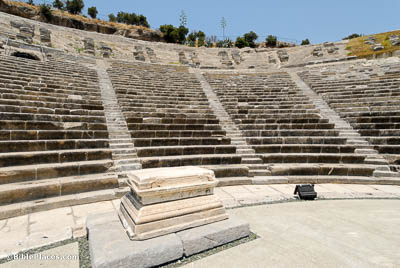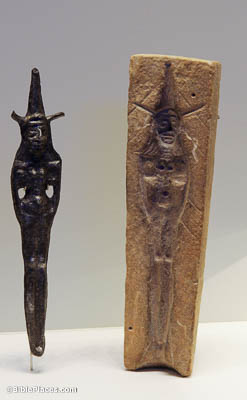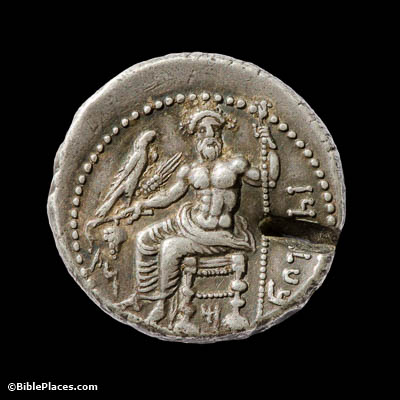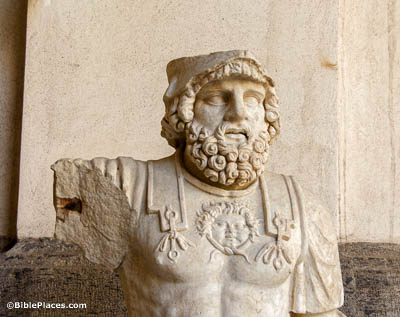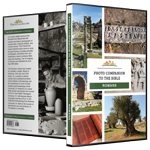I appeal to you . . . to present your bodies as a living sacrifice, holy, acceptable to God (Romans 12:1).
A sacrifice was normally something offered up to the deity. Although the word could be used figuratively (e.g., Heb 13:16), its primary literal meaning was something offered up on an altar (e.g., Luke 13:1). Thus to speak of a “living sacrifice” was somewhat unusual. It highlights the fact that death is no longer required to cover sin, since Christ paid the price for sin once for all (Rom 6:10). Paul’s Roman audience would have been extremely familiar with the practice of sacrifice from a pagan perspective. The altar to Dionysios in front of the first row of seats in the Halicarnassus theater is one example of this familiarity. A visit to the theater was intrinsically related to pagan worship, and sacrifices were offered here before each performance.
